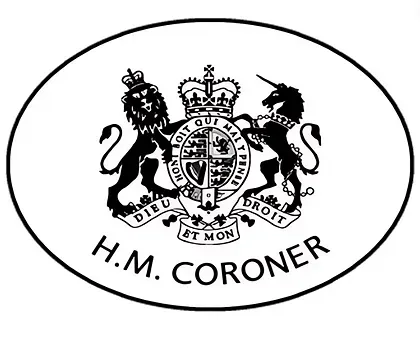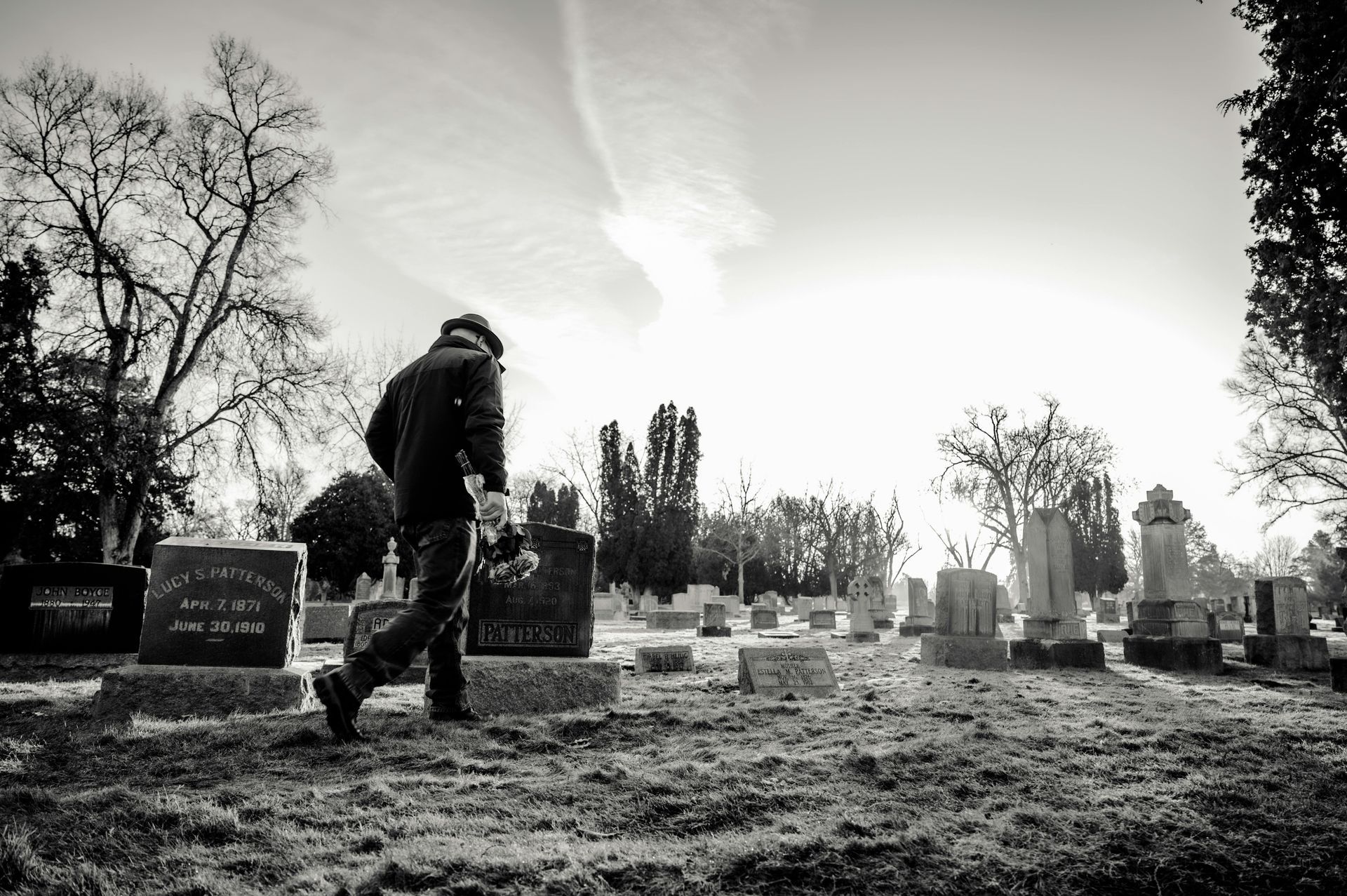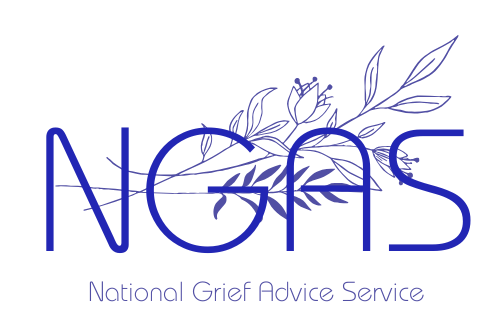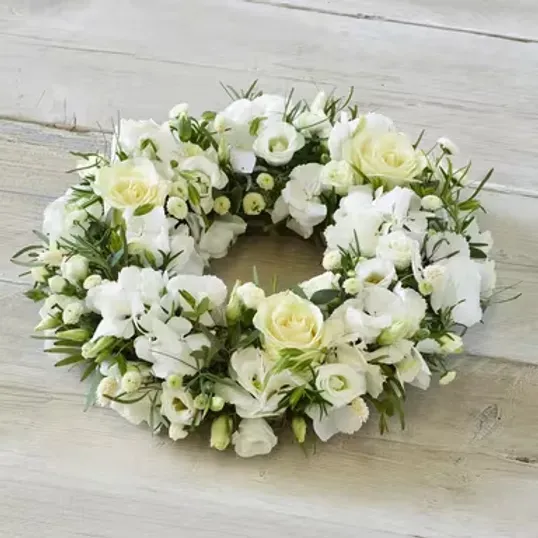When Someone You Love Has Died
Losing a loved one changes everything. You may feel waves of sadness, anger, disbelief, or emptiness.
What Helps
- Sharing memories with others
- Creating rituals or memorials
- Talking with our volunteers and professionals
- Allowing good days and bad days
Examples
- Returning to work but feeling detached
- Facing birthdays and anniversaries
- Sorting personal belongings
When a death is reported to the coroner

Coroners are independent judicial officers who investigate deaths reported to them. They will make whatever inquiries are necessary to find out the cause of death, this includes ordering a post-mortem examination, obtaining witness statements and medical records, or holding an inquest.
The death was violent or unnatural; or
The cause of death is unknown; or
The deceased died while in state detention.
Steps to take in the days following a death:
There are many practical steps which need to be taken in the first few days after a death.
Unfortunately, this may be when you are feeling least able to cope with this type of responsibility.
The main thing is to ensure that, where possible, you have someone to help you as it is possible to feel completely overwhelmed at a time like this.
Marking the Grave
Most people choose to mark the grave with some kind of memorial, often called a headstone. These are made of materials such as marble, granite or slate and are engraved with details of the bereaved and possibly a message from their family.
It can take quite a long time to arrange for this to be created as the stone sometimes needs to be ordered in. A local stonemason would be able to give you details about their products and services, as well as some idea about their fees.




























